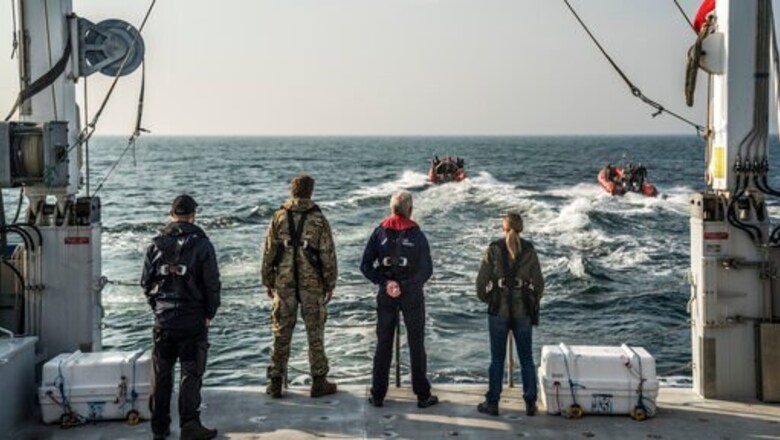
views
NEW YORK: The 2017 murder of Swedish journalist Kim Wall had all the gruesome elements of a modern true-crime classic. Writer and director Tobias Lindholm initially disagreed.
The young woman had been decapitated in a homemade submarine. The perpetrator had tortured and sexually assaulted her. He cut off her limbs and threw them overboard in weighted bags.
People around me would say, That would make a great movie,” says Lindholm from his home in Copenhagen. “And I just couldnt see it. I couldnt see the reason to tell this story.
The submarine case had already generated lurid stories in the Scandinavian tabloids and clickbait headlines online. One way to retell the story was to go over-the-top showing the bloody underwater crime scene and limbs being hacked off.
It would be tasteless and inhumane and there would be no reason to do that, Lindholm says. Other than fascination with a brutal crime, what would be the real, responsible storyteller reason to touch this story?
After meeting members of the police and the victim’s family, Lindholm went the opposite direction: Viewers never see or hear the accused in the limited miniseries The Investigation, which premieres on HBO on Feb. 1 and is available to stream on HBO Max.
Viewers don’t just never see the murderer, they also never see the victim in flashbacks or visit the autopsy table. They never go into the cold water with the divers to find the bags. There’s not a drop of blood shown in the entire six hours almost an inverse of The Killing, the Danish series that helped kick off a wave of grim and bleak detective procedurals in 2007.
Instead of the crime, the show explores the close relationship forged between Wall’s grief-stricken parents and the head of homicide, whose pursuit of the case has personal costs. The camera follows the dogged detectives seeking a logical and scientific cause of death that can convict the accused.
I realized that the story wasnt about all the brutality and it wasnt about the darkness and it wasnt even about a murder. It was about people that did their job,” Lindholm says.
It was about people in uniform that stood together and actually helped complete strangers through a very hard time, he adds. Its not a story that we seem to share too much with each other these years.
It is a moody, meditative and patient show. Many scenes are silent, with detectives pouring over binders of evidence or with divers scanning the horizon. The camera deliberately includes scenes of actors just driving or thinking, moments usually excised from American dramas.
Lindholm whose reality-based feature films include A Hijacking and the Oscar-nominated A War cites the Baltimore-based series The Wire as a big influence, with its tendency to detour from the plot to show men and women just doing their sometimes tedious jobs.
He explained his vision to producers at the outset, and they backed him for the six-part series that is subtitled for English viewers. He was well aware of commercial pressures to go lurid but insisted that the monster at the show’s heart would never be shown.
Its like these days when my kids want candy every day because were home all the time. Its just not going to happen. So they wont ask me. They know that no would be the answer, he says, laughing.
There is a documentary feel to the series, one carefully tethered to reality. Lindholm employed the same cadaver dogs used in the actual murder case, used the same crane ship that recovered the sub and even asked the same police divers to recreate their steps.
“Divers dive much better than actors and actors act much better than divers,” he explains. If I was not to make the same mistake that I felt the media had done already by limping towards a true crime fascination, I would need a lot of elements from reality to keep me straight on track.
Jonas Allen, whose Danish production company Miso Film helped produce The Investigation, credits Lindholm with staying true to his concept.
I think as soon as Tobias had this approach, we were all behind him 100%,” says Allen. You need to find that specific angle and you need to find that vision. Hats off to Tobias.”
In many ways, Lindholm’s series is the reverse of his own past. He worked with David Fincher on the Mindhunter series, which was obsessed with getting inside the mind of killers because that’s how the FBI catches them.
Here we had a chance to actually tell a story where we could be fascinated by a very difficult investigation and where we could liberate ourselves from that clich, he says.
And the fact that its so radical to leave out the perpetrator tells me that that is probably something we should do a bit more in the future.
Lindholm notes that he’s a huge fan of The Killing, which kicked off a wave of so-called Nordic noir shows. He credits that series’ success with his ability to create the political drama Borgen.
Nevertheless, I kind of felt that we could end the circle, he says. “They did The Killing. Now we did The Investigation and maybe we could all start to do something different.
___
Mark Kennedy is at http://twitter.com/KennedyTwits
Read all the Latest News, Breaking News and Coronavirus News here











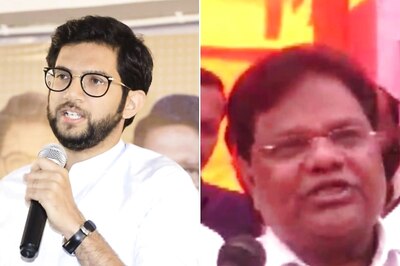
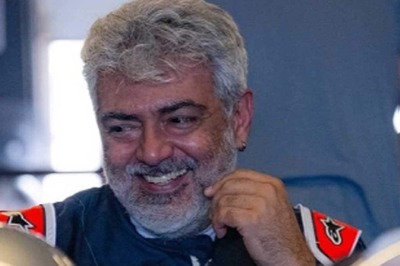

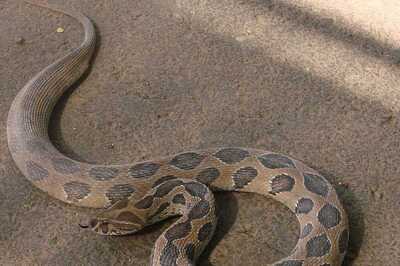
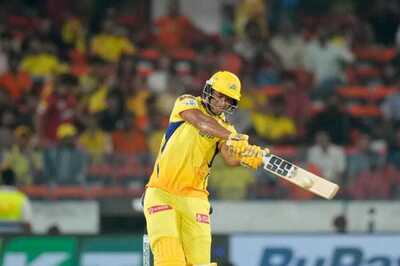

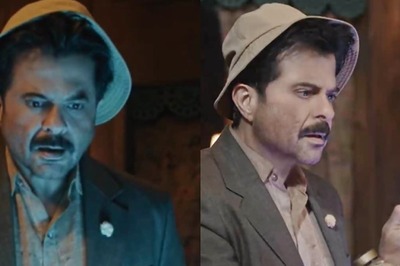


Comments
0 comment